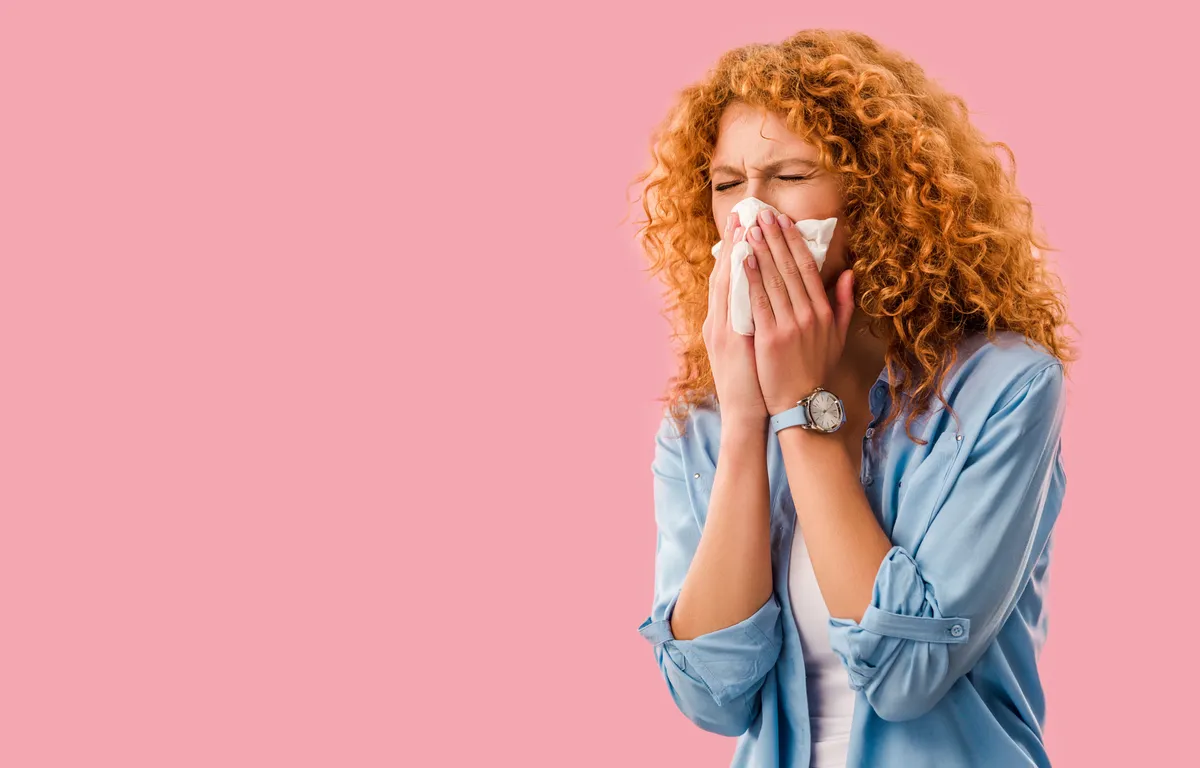
How do detergents contribute to the increase in allergy cases in Western countries?
These substances can remove the protective fatty layer from the skin, making the skin dry and weak. This facilitates the process by which allergens can activate the immune system just beneath the skin. This leads to inappropriate immune responses, causing allergic reactions.
It is known that dry and damaged skin contributes to the development of allergies, especially in young children, who are particularly sensitive due to the fragility of their skin. A reaction between damaged skin and environmental allergens such as pollen, pet hair, or food allergens can lead to increased production of immunoglobulin E (IgE). IgE is an antibody that initiates allergic reactions when it comes into contact with an allergen, so even minimal exposure to an allergen can trigger a strong allergic reaction.
These processes make detergents potentially important factors in the high prevalence of allergies. It is therefore important to conduct more research on the effect of the chemical composition of detergents on skin and health, as well as on alternatives that may be less harmful to people at risk of allergies.

“Travel enthusiast. Alcohol lover. Friendly entrepreneur. Coffeeaholic. Award-winning writer.”
